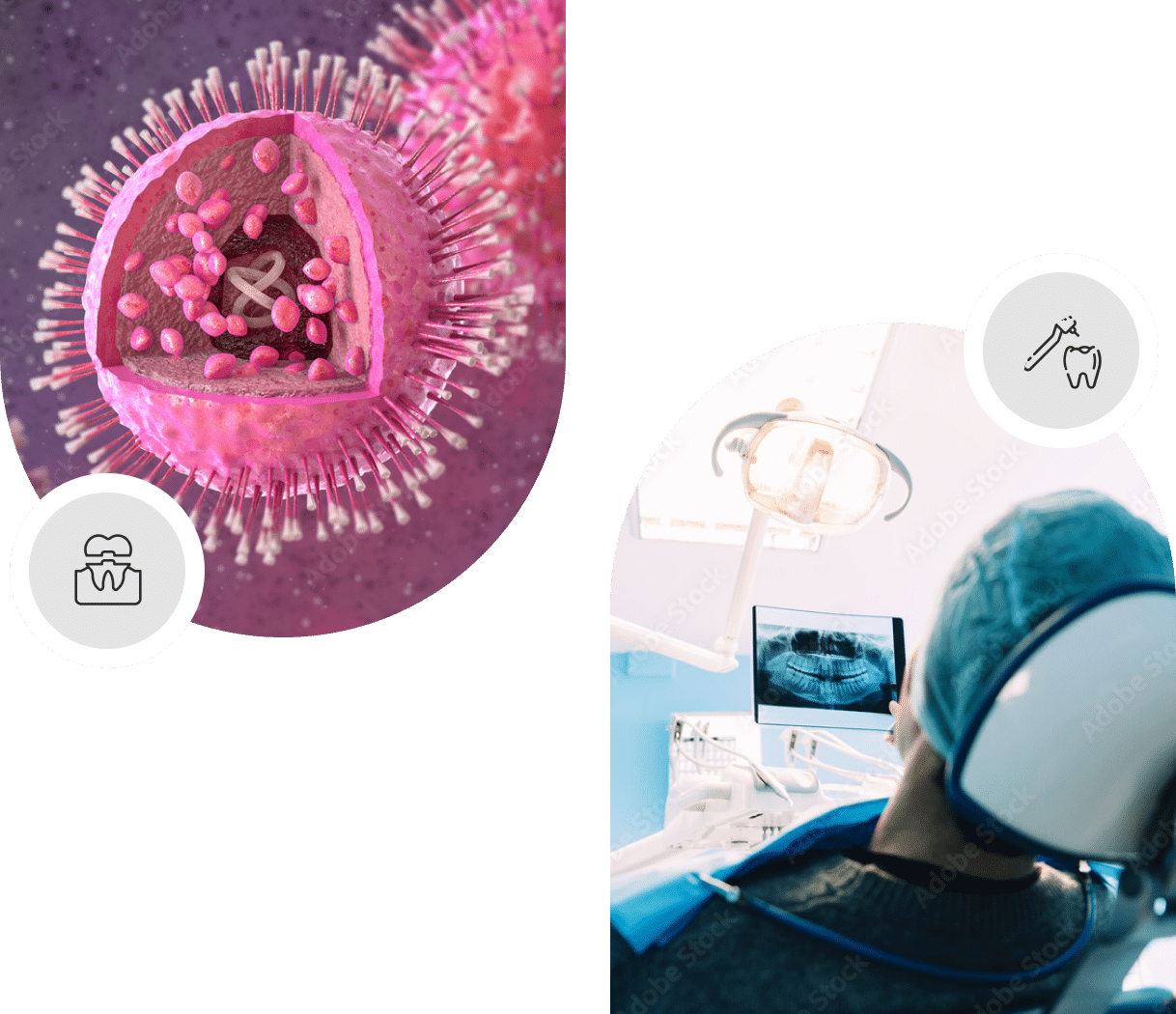

A fluoride treatment at a dentist's office is different from giving a patient a mouth rinse at the end of a routine dental exam. A fluoride treatment is designed to remineralize tooth enamel and even fight tooth decay in its early stages.

Tooth decay and cavities start when the tooth loses minerals. That weakens the enamel and bacteria can attack it. Eventually, a cavity starts, and a pit or hole forms.

Remineralizing with fluoride can slow down mineral loss and prevent bacteria from growing. This enamel can rebuild itself and that could reverse tooth decay as long as it's Stage I.

Scientists know that fluoride has benefits because the Centers for Disease Control and Prevention (CDC) has statistics that the number of tooth issues in children dropped by 68 percent after fluoride was introduced in water, added to toothpaste, and used in other dental products.


The dentist can have fluoride in different forms that can be used as a treatment. It can be in a varnish, gel, or foam. The treatment starts with the dentist applying it, whatever form it's in, with a brush or swab on the teeth. It can also be put on a mouth tray which is inserted into the mouth for a few minutes. The teeth absorb the fluoride.

It's important not to eat or drink anything for a half hour after getting a dental fluoride treatment. You want your teeth to fully absorb it. Additional recommendations are to restrict your diet to soft foods for four hours after treatment. Also, you shouldn't brush or floss for at least four hours.

Fluoride treatments at a dental office are an additional cost. Insurance may pay for it, depending on the insurance company. They are recommended for those with ongoing issues with cavities and tooth decay, weakened teeth, or cavities in the early stages.

Those who suspect they have an early-stage cavity or want extra protection for weak teeth should make an appointment for a fluoride treatment!
30 minute Dental Cleaning & Polish,
Dental Check-Up and X-Ray